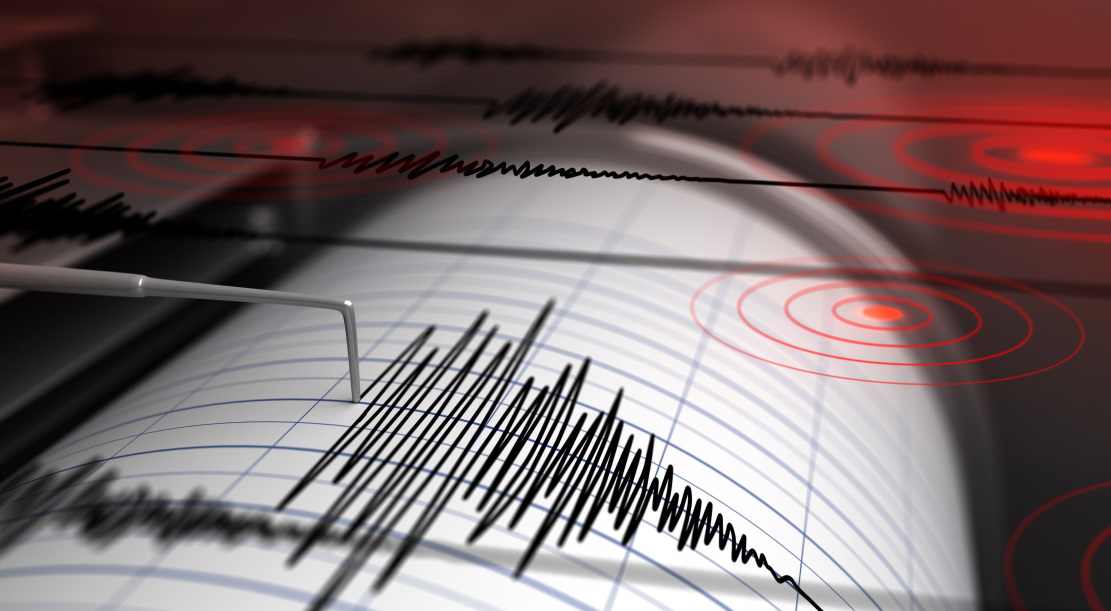Dr Bruno Basso – Improving Agricultural Sustainability with Digital Technology
Original Article Reference
This SciPod is a summary of the paper:
Share Episode
About this episode
In recent decades, advancements in agricultural practices have made the large-scale production of cheap and nutritious food possible. However, these practices are often damaging to the environment, making them unsustainable in the long term. Technology is now sufficiently developed that many of these environmental impacts can be reduced or mitigated, by using ‘big data’ to inform farming management decisions. Dr Bruno Basso from Michigan State University and his network of researchers have been exploring how digital technologies could usher in a new era of sustainable agriculture that balances competing economic and social interests while minimising trade-offs.
This work is licensed under a Creative Commons Attribution 4.0 International License. 
What does this mean?
Share: You can copy and redistribute the material in any medium or format
Adapt: You can change, and build upon the material for any purpose, even commercially.
Credit: You must give appropriate credit, provide a link to the license, and indicate if changes were made.
Related episodes
Dr. Jon Reinders | A genetic breakthrough for farming: editing corn inside the plant, not the lab
Corn is a cornerstone of modern agricultural food production, particularly in North America. Humans have selectively bred such crops over generations to create better yields, improved appearance and flavor and enhanced disease resistance. However, what if we could skip these arduous rounds of selective breeding and improve a crop’s stability and reliability regardless? Deep within the genetic blueprint of every maize kernel, scientists are aiming to achieve just this. In a recent groundbreaking study, Dr. Jon Reinders of Corteva Agriscience and his colleagues have unveiled a powerful new way to create genetically improved corn, not in a lab dish, but inside the plant itself. This new method is faster, cleaner, safer, and could transform how we grow our most essential crops.
Professor Jeremy Maurer | Building a seismic timeline of the Nippes earthquake
Sitting directly over a complex network of fault lines, Haiti is one of the most earthquake-prone nations on Earth. In 2021, the Nippes earthquake became the latest to devastate the country, and today, researchers are still piecing together the timeline of seismic events which unfolded during the earthquake. Through their research, Professor Jeremy Maurer and colleagues at Missouri University of Science and Technology have described how the Nippes earthquake originated, shifted, and ruptured a major fault line, triggering numerous ‘afterslip’ events in the following days.
Associate Professor Nina Tahmasebi | A new approach for detecting changes in word meaning over time
Words change their meanings over time, but tracking these changes has traditionally required painstaking manual analysis by linguists. In recent years, researchers have been using computational models to automatically detect when semantic change happens, and how much of a change has occurred. Recent research led by Associate Professor Nina Tahmasebi and her colleagues in the Change is Key! program introduces innovative computational methods for detecting qualitative features of semantic change, opening new possibilities for understanding language evolution at scale.
Do Security and Regulation Failures Put Women’s Health Data, Their Privacy and Even Their Safety at Risk?
Recent research from Professor Maryam Mehrnezhad at the Information Security Department, Royal Holloway University of London and a team of researchers reveals widespread privacy, security and regulatory failings in female-oriented health technologies (also known as FemTech). The researchers’ comprehensive analysis demonstrates how current practices leave sensitive health information vulnerable, while highlighting an urgent need for reform across technical, legal and social dimensions of digital healthcare.
Increase the impact of your research
• Good science communication helps people make informed decisions and motivates them to take appropriate and affirmative action.
• Good science communication encourages everyday people to be scientifically literate so that they can analyse the integrity and legitimacy of information.
• Good science communication encourages people into STEM-related fields of study and employment.
• Good public science communication fosters a community around research that includes both members of the public, policymakers and scientists.
• In a recent survey, 75% of people suggested they would prefer to listen to an interesting story than read it.

Step 1 Upload your science paper
Step 2 SciPod script written
Step 3 Voice audio recorded
Step 4 SciPod published




